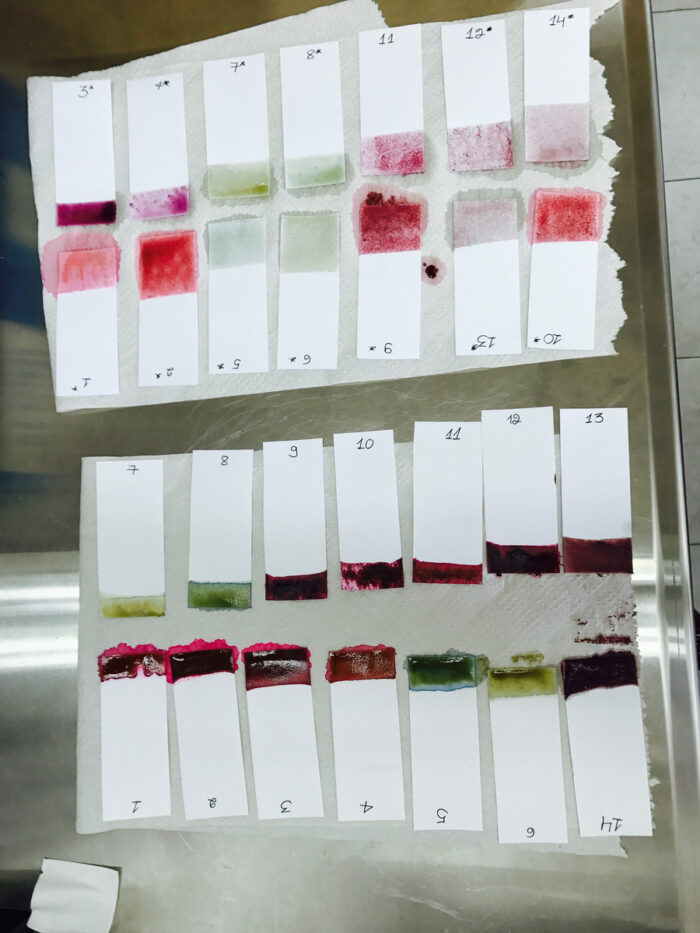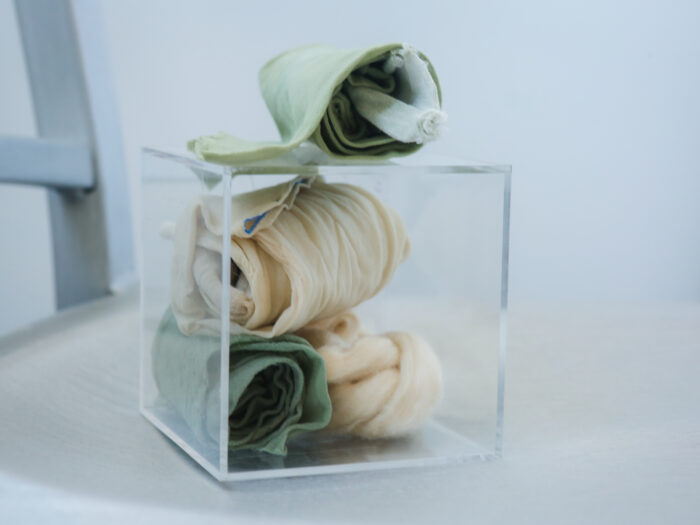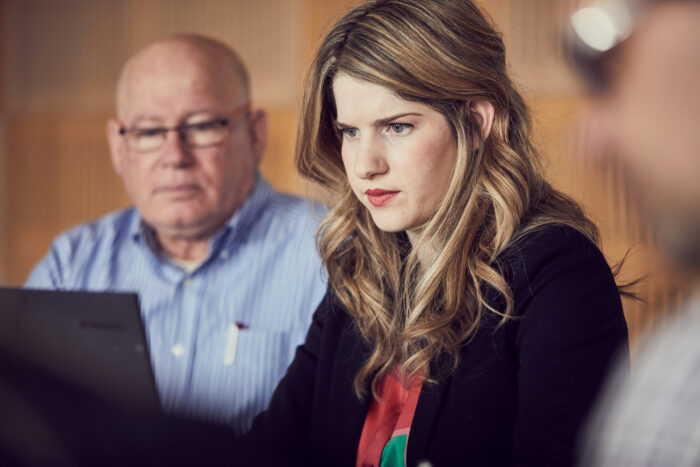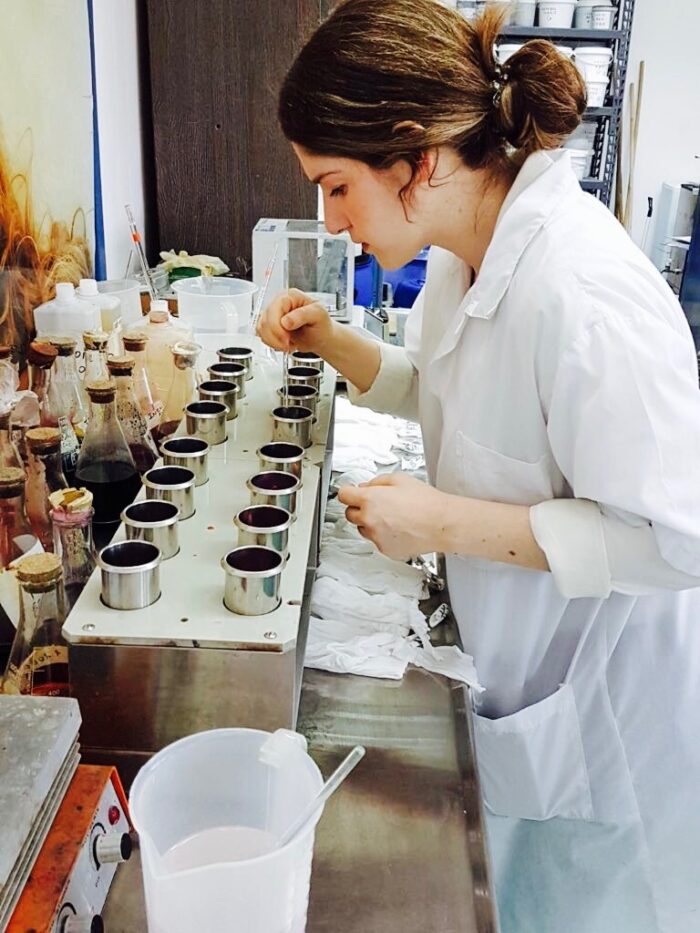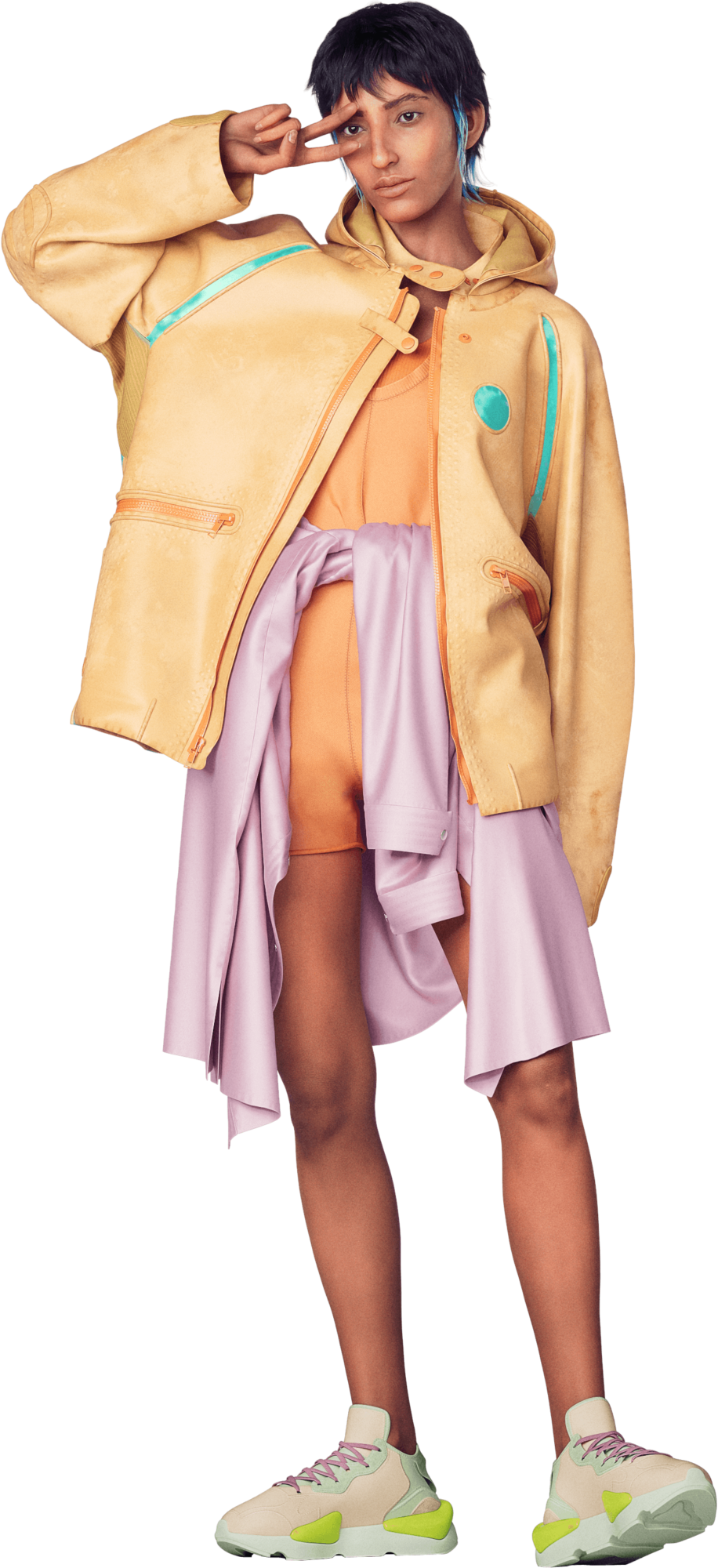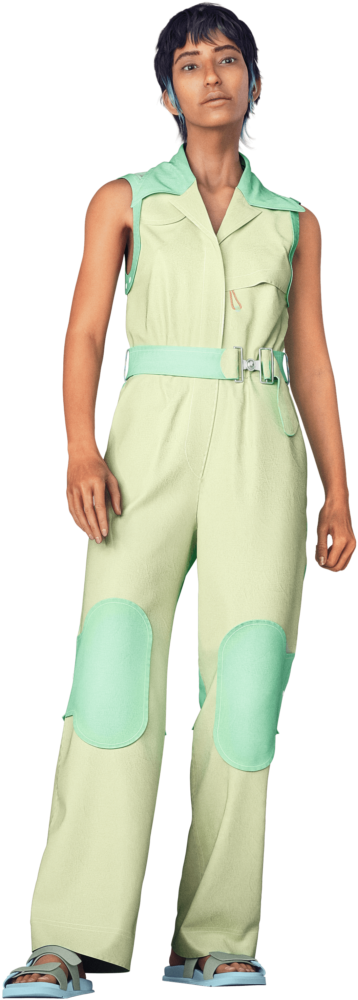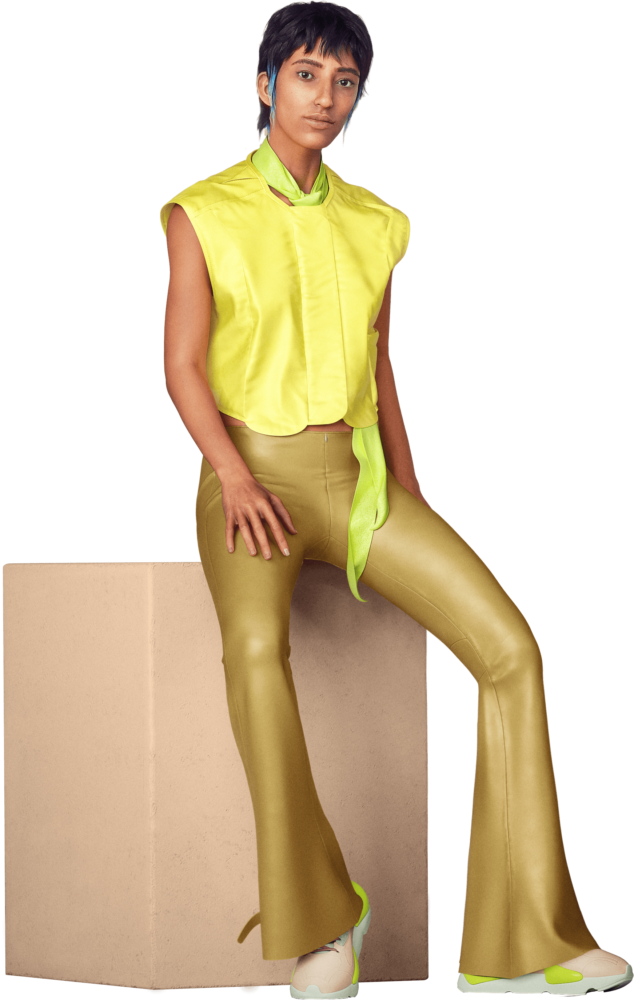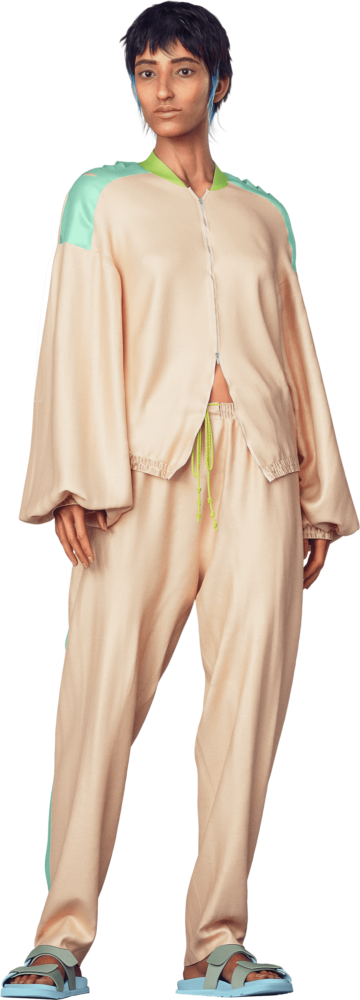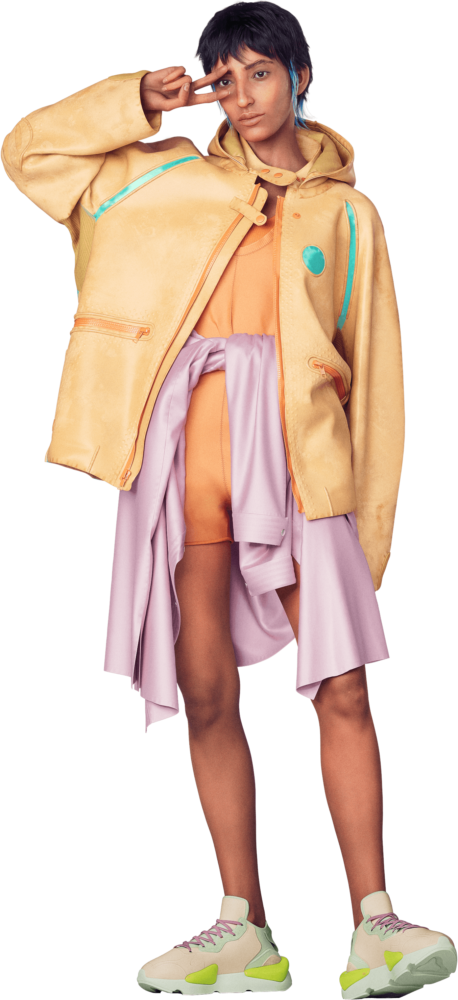Algaeing
Algaeing’s own estimated support needed to scale.
Powered by the game-changing microorganism algae, Algaeing™ is making biodegradable and renewable thread and dye, that has a smaller environmental footprint than most natural fibers and is easy for the industry to adopt. In addition, it creates a new category of products with benefits for the skin.
It’s widely known that growing conventional natural fibers like cotton requires large amounts of water. The same goes for textile dyeing, which can have huge environmental consequences, both in terms of water usage and pollution. Luckily, Algaeing has come up with a solution to solve these issues using – you guessed it – algae.
Being a plant-based, renewable and degradable raw material, algae can be used both as an environmentally friendly textile dye and turned into bio-fiber. And that’s not all. It turns out that wearing clothes made from algae is great for the skin, since the fabric releases antioxidants, vitamins and other natural nutrients. A win-win, from the inside and out.
Impact Potential BY ACCENTURE
Replacing toxins and chemicals
across supply chain with
eco-friendly algae formulation
2,700 million liters polluted water saved
with Algaeing’s solution in 2030,
compared to conventional textile
production
Comparable to the water usage in
production for 1 million cotton
t-shirts
Creating a new category of
skincare properties within
apparel and textile products
The planet positive impact potential is estimated by Accenture with the purpose of demonstrating how Algaeing™ has the potential to create multi-dimensional value when scaling.
The high-level estimation is based on Algaeing’s potential to scale and its output in 2030 (~15,000 metric tons of textiles). Using this solution, 2,700 million liters of polluted water per year can be saved in production and from impacting the environment, which is comparable to the water usage in production for 1 million cotton t-shirts.
Algaeing is a renewable and biodegradable material which is replacing toxins with algae, enabling improvements of garments and creating a new category of superior apparel and textile products with benefits for the skin.
More on Accenture’s Impact Potential.
These materials are (A) for information purposes only, (B) do not constitute an offer to subscribe for, buy or sell securities of any of the Innovations mentioned herein or any other securities, and (C) should not be relied upon to make any investment decisions.
Team
The team behind Algaeing consists of Renana Krebs (M.A, Co-founder and CEO), Dr. Oded Krebs (Co-founder and CTO), Ariel Romano (Chief Commercial Officer and CFO), Dr. Elizabeth Amir (Textile Engineer, Textile Science and Engineering), Gideon Sobol (MS.c R&D Director), Prof. Sammy Boussiba (Scientific Advisory), Dr. Lior Korzen (Scientific Director), Dr. Moti Tavasi (Algae Scientist & Researcher), Karen Wilf (Product Manager), Amit Giladi (R&D Manager) and Dalia Grozs (Assistant). Together they represent a unique combination of gender, ages and disciplines ranging from design and engineering to biology, biotech and biochemistry.
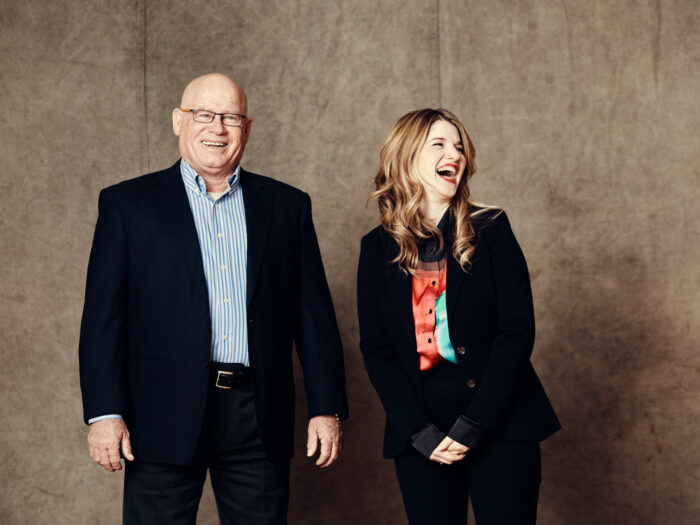
Awards
- First Place VWS Pathfinder Plant-Based Pitch Competition (2020)
- German Federal Ecodesign Award Nominee (2020)
- Finalist, Fashion Innovation Award (2020)
- Fashion for Good (2018, 2019)
- Winner, H&M Foundation Global Change Award (2018)
- Vision Award (2018)
- Creative Business Cup Copenhagen (2017)
- Act Shenkar (2016, 2017)
Contact
Renana Krebs, Co-founder and CEO
rkrebs@alga-life.com
algaeing.com
Instagram | Facebook | LinkedIn
Download
See the start-up presentations to learn more.
